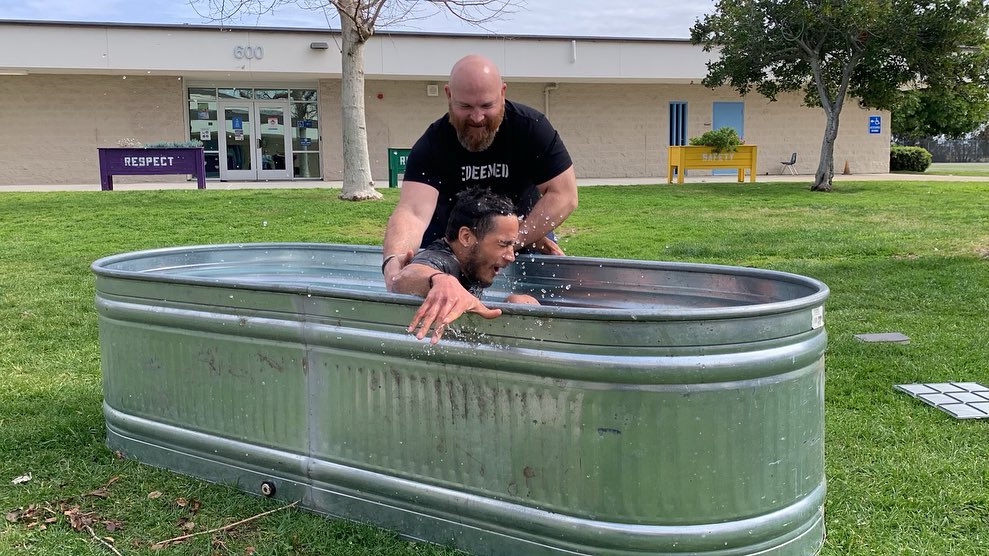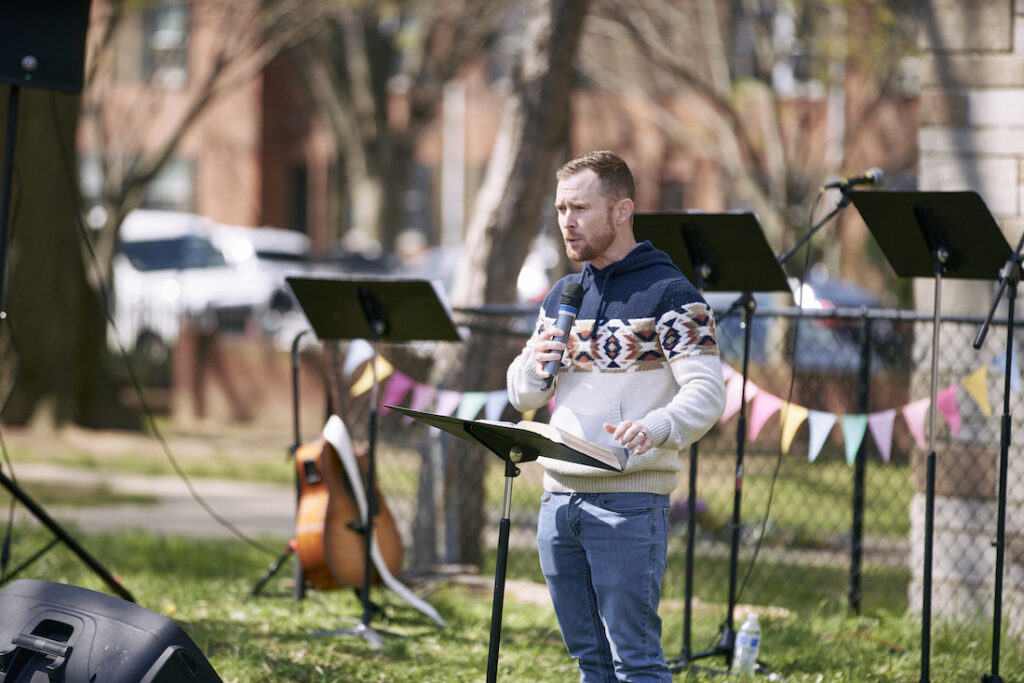I was born and raised in the southern part of the United States. South Carolina to be exact. Having grown up there, it is not hard for me to be around southerners. We talk the same, come from the same culture and understand each other pretty easily. The high school I attended is in an area of my hometown with a large number of families from the northeastern United States. I always had a more difficult time understanding my classmates from that section of the U.S. We talked differently and came from different cultures, so, generally, we did not understand each other as easily as classmates I had from the South. I had to work hard to understand them, and, now 20 years later, I still have friends from high school who were born and raised in the Northeast. Part of that friendship lasting for two decades is because we worked to understand each other. Had the southern and northeastern students decided not to work toward understanding, no relationships would have ever been formed. Put simply: it is easy for us to understand people like us; it is difficult for us to understand people not like us. We are usually comfortable around people like us, so understanding them is much easier and comes more naturally. Usually, the opposite is true for those not like us. This isn’t just true for the various regions of the United States, it is also true for Christians and non-Christians.
Actions, attitudes and words
I am sometimes shocked by the actions, attitudes and words of non-Christians. I think to myself, “How in the world could he/she do, think, or say that???” Then I remember what one of my seminary colleagues, Dr Hershael York, would often say: “Don’t ever be surprised by the actions, attitudes, or words of an unbeliever. They’re acting like they are supposed to act: like an unbeliever.” Even though I know that is true and the Bible assuredly verifies that to be the case, I am still often shocked by how my non-Christian friends act, think and talk. In order to move past this shock, I simply have to remember the person is a non-Christian. In other words, I have to do a little mental work to understand the person I’m with and I have to understand them as fully as possible in order to share the gospel as effectively as possible.
Understanding your neighbor
As Christians, we are charged by the whole of Scripture with sharing the gospel with everyone we see and meet. Sometimes, however, sharing the gospel with everyone isn’t so easy. When we’re in an evangelistic encounter, it is always important to know where the other person is coming from—what his or her background is—in order to share as effectively as possible. We come into contact with persons of various religious faiths and backgrounds may have a very difficult time understanding what they believe. It is very important to understand them, so we can make our gospel presentations fit their particular background and personal experiences. What’s the best way to understand our neighbors in order to share Christ effectively?
Help from Harvard
The former dean of the School of Divinity at Harvard University, Dr. Krister Stendhal, offered what he called “three rules of religious understanding” in 1985 during a press conference. His rules are very helpful and are summarized as follows.
1. If you want to know what another religion believes, ask a member of that faith. In other words, if you want to know what Muslims believe, ask a Muslim. Hindus have you perplexed? Ask a Hindu. Wondering about Mormons? Ask a Mormon.
2. Don’t compare the best of your faith to the worst of another faith. Put simply, don’t compare the Catholicism of Mother Teresa with the Islam of Osama bin Laden.
3. Leave room for “holy envy.” Though Christians believe very strongly that Christianity is the only true path to heaven, persons of other faith traditions often are more fervent about their faith that we are as Christians. Muslims may pray more passionately, Buddhists may serve more sincerely, Mormons may give more eagerly. As Christians, we should corner the market on every virtue because of the influence of the Holy Spirit in our lives, but that is simply not the case. We are flawed humans and will never be perfected on this side of eternity. Sometimes, other religious persons simply do better than we do at their faith.
Do the work
We have to do the work to understand others around us. Reading books and articles about other faiths is not a bad thing to do. However, sometimes those books and articles say things about other religions that is simply false. And, to complicate matters even more, because humans are involved, the religious beliefs of one person sometimes vary from the beliefs of another person even though they may be within the same tradition. As Christians, let us love our neighbors as ourselves and that means we need to get out of our comfort zone and talk to those around us. It is not easy and can be hard work, but it is worth it for the sake of the gospel.
Published September 6, 2016




